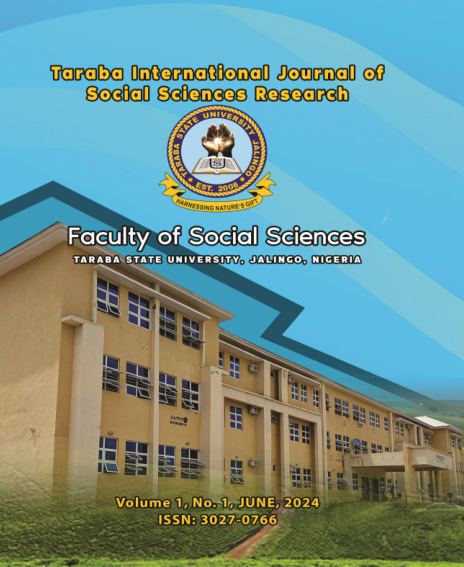Political Parties and Party Defection: The Absence of Political Ideology
Keywords:
Party, Political Party, Defection, Ideology, DemocracyAbstract
In democracies, political party defections have been a frequent happening, and several people link
this to the dynamism of people and their societies controlled by self-interests. This is coming at the
time democracy is becoming more and more acceptable around the world, but sustaining them is a
cause of worries. This is a proof that politicians are guided more by their self-interests rather than
by ideological principles. Party democracy over the years has been unstable in Nigeria giving
room for political gladiators to prostitute/defect at any time with the intention to securing
nominations. Since there is no party ideology, even those that were elected into office can defect
either from the opposition party to the ruling party or from the ruling party to the opposition party.
Such unwholesome practice has denigrated the Nigerian political system, especially during the
fourth republic. This paper examined the implication of defections on democracy in Nigeria. We
utilized the Elite Theory (a democratic theory). This paper examined the implications of defection
on Nigeria’s nascent democracy especially as it concerns the sustenance of a strong alternative
government that is capable of checking the excesses of the party in government. The paper argued
further that defections occur because political parties lack fundamental ideological basis. It also
noted that defections are unhealthy for growing democracy. The paper relied on content analysis
and adopted game theory. The paper recommended that INEC in collaboration with the National
Assembly should revise the Electoral Act to insist that only political parties grounded in ideology
should be registered to contest elections. In like manner sindirect elections in primary elections
should be completely abolished.

